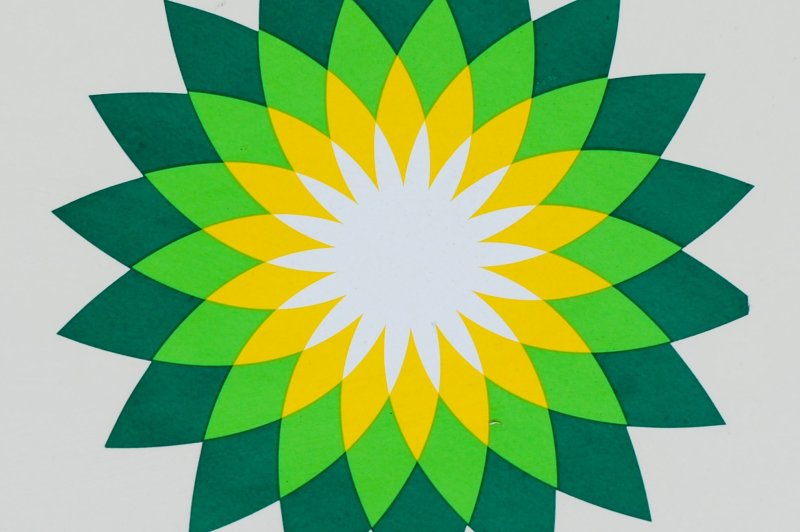CEO at British energy company BP said one of the main problems for an industry coping with lower oil prices is too much supply. File photo by Alexis C. Glenn/UPI |
License Photo
LONDON, Oct. 18 (UPI) -- BP's top executive said at an energy conference in London on Tuesday that headwinds for the oil and gas industry were present in the form of oversupply.
BP CEO Bob Dudley addressed delegates at the annual Oil & Money Conference in London, putting his focus on staying competitive in an era of lower crude oil prices.
The price for Brent crude oil is more or less at the same place it was last year at the start of the London conference, though prices earlier this year plummeted below the $30 per barrel mark on signs a weakened global economy was not strong enough to take up the excess oil come from major producers like Saudi Arabia and the United States.
Dudley said the downturn in crude oil prices was largely a result of the industry's own success, with U.S. shale oil in particular contributing to the excess in supply. By his estimates, the global demand for energy, meanwhile, should be up by about a third by 2035.
"I don't think demand will fall off a cliff," he said in his prepared remarks. "The issue is one of over-supply."
In its latest monthly market report, the Organization of Petroleum Exporting Countries said expected total world oil demand for 2016 was revised upward from its previous report by 10,000 barrels per day to 1.24 million bpd. Next year, world oil demand is expected to increase by 1.15 million bpd, a level unchanged from OPEC's previous report.
According to secondary sources, total production from all member states averaged 33.39 million barrels per day. That's an increase of 220,000 bpd from the previous month. Production outside of OEPC is expected to increase slightly next year, with new projects in Russia contributing to most of the growth.
"Demand may be strong, but supply is even stronger, with half a century's worth of oil and gas in country reserves alone," he said. "That is what has led to sustained lower prices and a new and necessary emphasis on competitiveness."
OPEC is working with non-member states on a proposal to curb, or possibly even cut, production levels in an effort to stimulate crude oil prices. That represents something of a reversal of the policies of member states working to defend their market share.
In July, BP said it was making good progress on resetting its capital programs. Costs for 2017 are expected to be $7 billion lower than two years ago and capital spending for full-year 2016 is expected to come in below $17 billion, after spending about $7.9 billion during the first half of the year.
Dudley at the time said a "strong pipeline of new projects" meant as much as 500,000 barrels of oil equivalent in new production was expected from the company by the end of next year.















